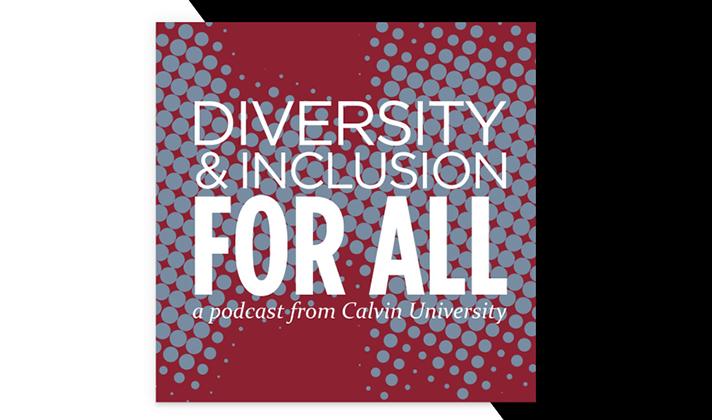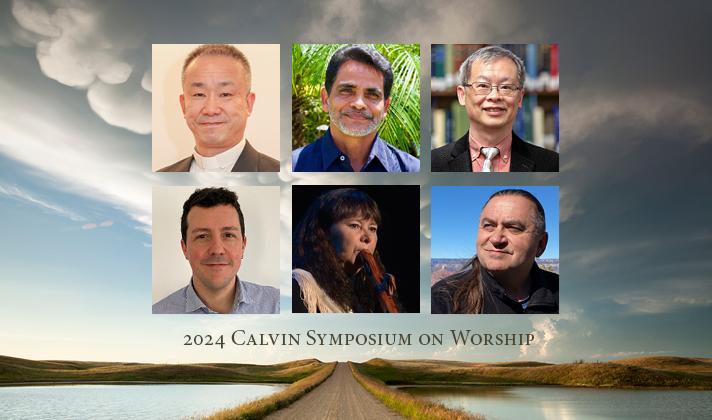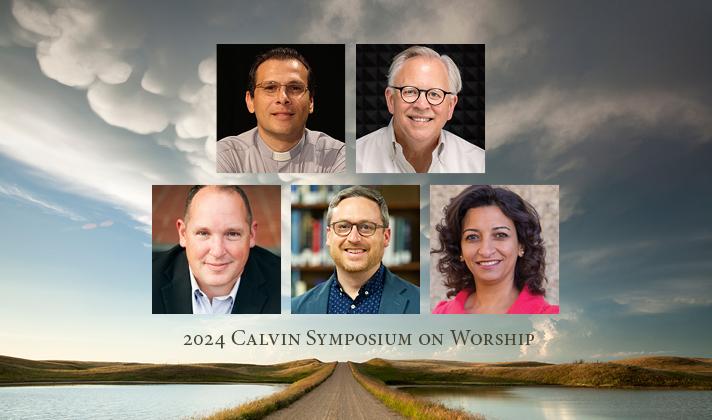Psalm 51
How does this psalm piece interpret the psalm?
This musical interpretation focuses on the psalmist’s plea for mercy through the refrain that is repeated at the end of each verse: “I pray you’ll have mercy. Mercy, Lord; mercy, Lord; mercy is what I ask from you.” The plea for mercy carries weight because of the psalmist acknowledges the presence and reality of sin and has a humble approach to God. By paraphrasing select verses, this piece captures that acknowledgement of sin and also recognizes that we must come to God in humility. Each acknowledgement is followed by the plea for mercy. Mercy properly comes from God, so the plea always calls directly on God. Though Psalm 51 does not mention the name of Jesus, this piece does because as Christians we believe that forgiveness is given through Jesus Christ. This is significant for ministry today because there is an increasing polarization of our communities between “us” and “them,” “good” and “bad.” But as Alexander Solzhenitsyn said, “The line dividing good and evil cuts through the heart of every human being.” Romans 3:23 tells us that we all sin and fall short of the glory of God. Therefore, we all need, and have reason to plead for, mercy.
This piece can be used as a hymn for any occasion of penitence or lament. The refrain can also be used as a standalone refrain for the Prayers of the People.
Text and Music: Psalm 51; Allison Dean, © Allison Dean
Used by permission.
Contact: Allison Dean, allisonkdean@hotmail.com;






